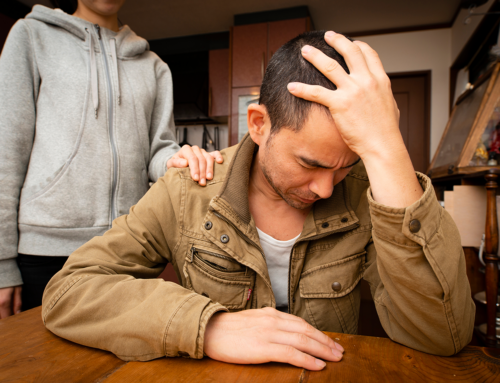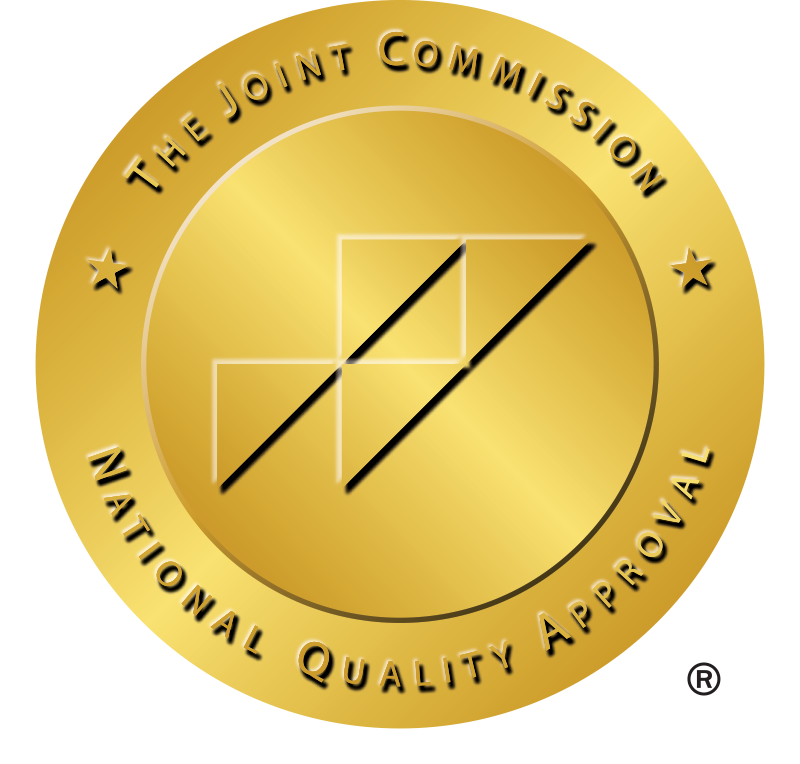Between 40-60% of people in recovery receiving treatment for substance abuse will experience a relapse.
A common misconception about relapses is that they do not happen at random. Someone can experience a trigger like stress or grief, or they could experience environmental triggers like a party or a movie depicting substance abuse. These kinds of experiences can make someone want to use again, but having awareness about the stages of relapse and what can cause a relapse can help prevent them. Read on to learn more!
Stage 1: Denial
You should be proud of yourself during recovery. Now you have a healthier lifestyle and different priorities.
When you’re coming out of a program or even when you’re years into your sobriety, you don’t want to use again. If even the littlest thing comes up and makes you think that you miss drugs or alcohol, you do everything you can to bury the feeling. This is a form of denial.
Denial can be emotional avoidance and it can keep us from being honest with ourselves. It can also distance us from what is reality. The anxiety caused by the fear of using again can be an overwhelming feeling, and it is common to ignore it in hopes that the feeling will go away.
Stage 2: Avoidance/Defensiveness
In this stage, you’ll convince yourself that resorting to your old habits is out of the question. It is easier to think you’ll never use again rather than to analyze any red flags you’re exhibiting.
You’ll begin to worry about others more than yourself. You could begin to give out over-the-top advice on recovery that isn’t realistic and you could become defensive when people ask you about your own recovery. This can mean that you know they are issues with your recovery framework, but you’re still trying really hard to separate yourself from the urge to use.
You may attempt to distract yourself by attending AA meetings to feel like you’re displaying the right behavior. Some people might isolate themselves from family and friends because it can be hard to socialize during this time. Just remember, loneliness can promote boredom, and this can make the internal struggle so much worse.
Stage 3: Crisis Building
In this stage, you can begin to feel consumed by a single thought or fear of reverting to your old ways. You can take your negative feelings and blow them up to a size that makes you feel like everything is going wrong. It can become harder to make plans and keep them. You may think of things that could help you to make you feel hopeful, but the feeling of failure is too strong and feels like it’s weighing you down even more.
Step 4: Immobilization
This stage focuses on displayed pessimism and lack of action. The worrying from Stage 3 compounds and leads to a state of immobilization. You will begin to think of more hopeful scenarios but will not act out the steps to achieve them.
What you want your life to be reflects the guilt you feel about wanting to use. In your mind, you are in control of your life, but in real life every personal failure makes you feel like you’ll never get better.
Step 5: Confusion/Overreaction
The middle stage of relapse is full of inner turmoil. Instead of working through tough feelings, you become angered by small issues within your relationships and turn them into bigger issues.
You’re scared to be with your friends, family, and sober network because you’re worried they’ll notice how you’ve lost focus on your sobriety. You’re easily triggered and your overreactions are causing tension in your relationships.
Stage 6: Depression
Feelings of depression can intensify in this stage and develop into something severe. You may sleep too much or too little. You may eat too much or too little. It can become harder to go to meetings, make plans, or stick to a normal sleep schedule.
You may think that nobody cares, but please know that they will notice that you’ve changed. Your depression can be recognizable by your loved ones, especially when they don’t hear from you that often. The more you isolate and hide your urges, the more likely your loved ones are to say something. However, if you’re drowning in guilt and denial, you deny anything they say and possibly hurt them in the process.
Stage 7: Behavioral Loss of Control
Stage 6’s depression can progress into dissatisfaction with recovery. You don’t like where life is taking you, and you’re feeling disappointed. Maybe you’re still denying your cravings, but you’ve definitely realized the havoc that they have been causing in your life.
At this point, you’re skipping some or all of your meetings and telling yourself that you can because you’re going through a difficult time. It is also harder to care about your sobriety because you aren’t confident in yourself anymore. You’ll reject help from others and possibly abandon your support network. As time goes on, your negative feelings will begin to could your judgment.
Stage 8: Recognition of Loss of Control
Your denial is no longer buried. It has grown over time and turned into something rather unmanageable. Having a realization about a problem can be painful and make you feel anxious. You may begin to feel powerless as your urges become constant. Concentration may begin to decline too.
At this point, your negative emotion may turn into self-pity. Now you may tell yourself that social drinking or using won’t have major consequences while you imagine yourself drinking or using like you once did. You might also lie to others about your thoughts so they don’t worry about your sobriety.
Stage 9: Option Reduction
Before a relapse happens, the negative feelings caused by your urges may lead to feelings of resentment. You stop going to meetings and you leave your support group behind.
You might also feel angry, unfulfilled, and stressed. You’ve noticed that your urges are very present and almost stuck in your brain. It may also be hard to focus on other things to convince yourself that you don’t need to use again.
Stage 10: The Relapse
In this final stage, you may feel like you’ve lost control of your life. Self-destructive behaviors may begin to manifest while you take your anger out on yourself. Mentally, the pain has become too much and you feel like using is the only way to stop it. After you first use again, you feel ashamed and convince yourself that you cannot be helped.
A relapse does not mean you’ve failed. Overcoming challenges is a part of everyone’s recovery journey. There’s no need to give up or feel like it all wasn’t worth it.
Making amends and realizing we are not perfect are natural parts of life. Reach out to your support network when things get tough, and make sure you’re super honest with them. Your support network wants to be there for you. You will start being in control again as you grow in your recovery journey.





